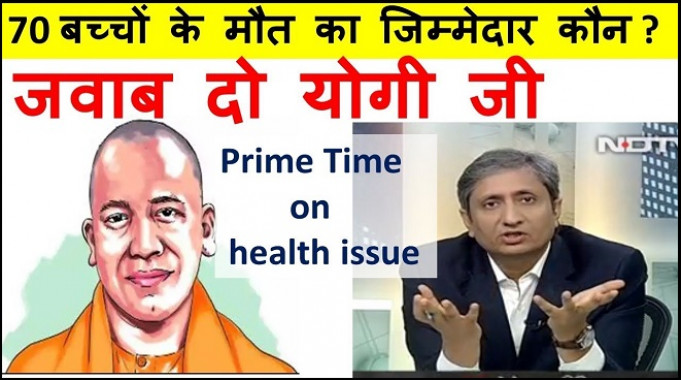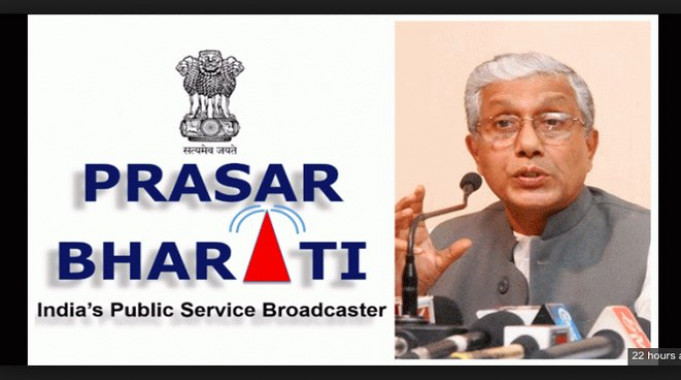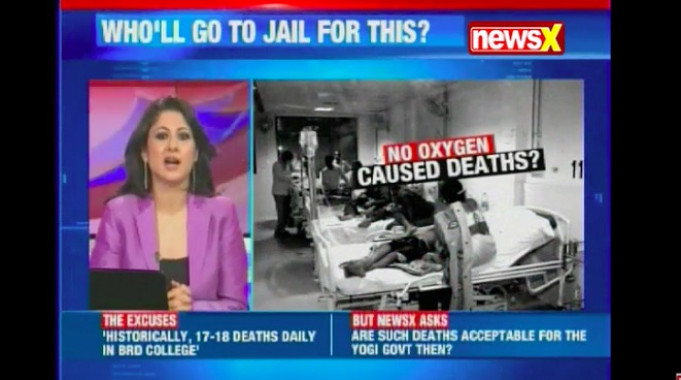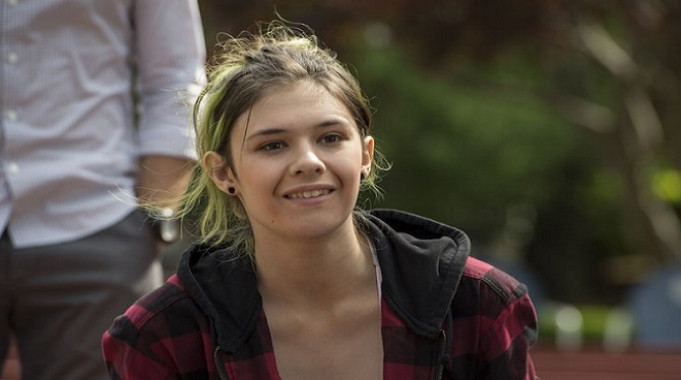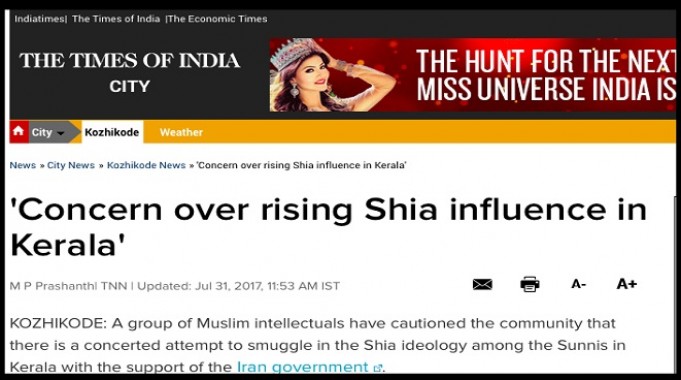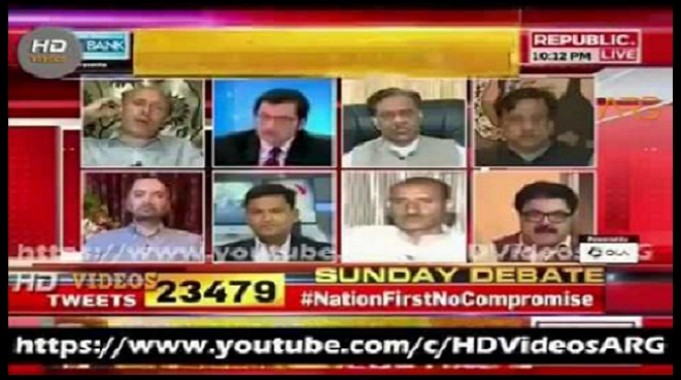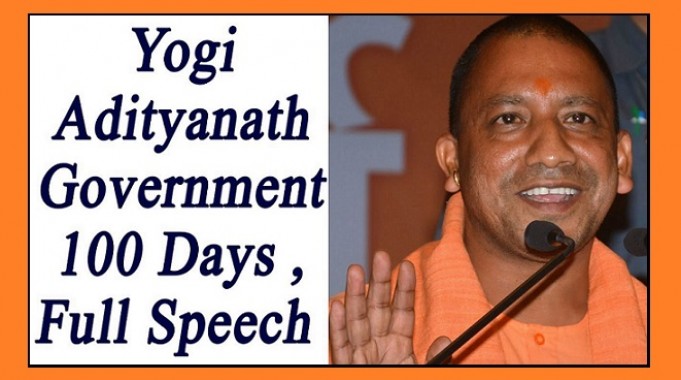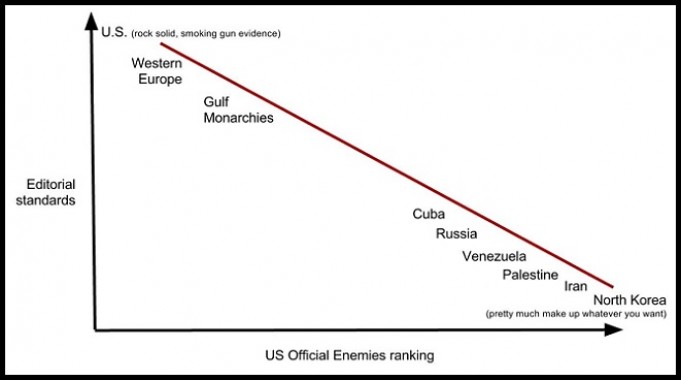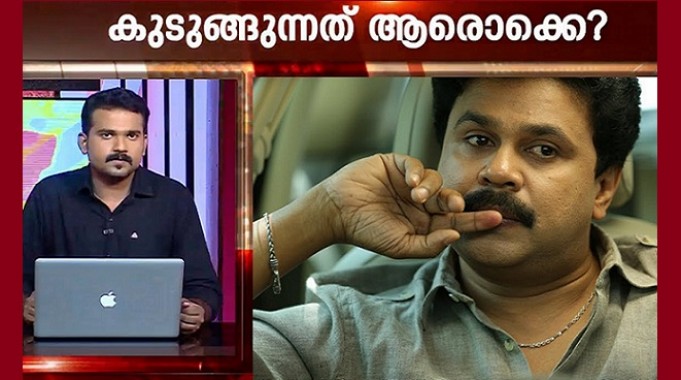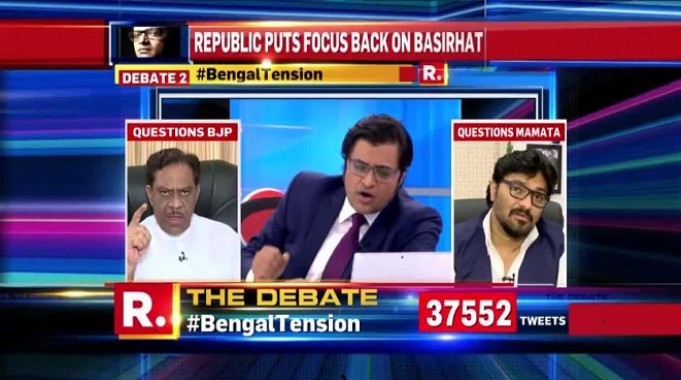BY ANUP KUMAR|
IN MEDIA PRACTICE
|18/08/2017
The coverage of a tragedy produced by professional journalists affects how a community and a nation responds to the underlying causes,
BY SEVANTI NINAN|
IN MEDIA PRACTICE
|17/08/2017
Sometimes brave, usually timid, the nervous broadcaster’s saga of what to carry or not carry, spans decades and several governments.
BY NUPUR BASU|
IN MEDIA PRACTICE
|14/08/2017
As the chief minister decried the TV coverage as fake news, the theatre of denial on the airwaves touched a new low in Indian politics.
BY TRACI GILLIG and ERICA L. ROSENTHAL|
IN MEDIA PRACTICE
|09/08/2017
Does the visibility provided by transgender characters on entertainment television lead to greater acceptance of trans people?
BY MUHAMMED SABITH|
IN MEDIA PRACTICE
|05/08/2017
A one-sided story painting a picture of Shias plotting to take over is a classic example of rumour and conjecture replacing facts.
BY MOAZUM MOHAMMAD|
IN MEDIA PRACTICE
|01/08/2017
In the guise of debate, Kashmiris are being subjected to vilification, venom, and finger-wagging by jingoistic anchors. Some are saying ‘no thank you’.
BY ANKITA PANDEY|
IN MEDIA PRACTICE
|17/07/2017
According to four papers, it was 'pretty good’. Amar Ujala and Dainik Jagran’s coverage was positive while Express and ET were less so - but only slightly.
BY ADAM JOHNSON|
IN MEDIA PRACTICE
|11/07/2017
With an Official Enemy, no amount of libel—no matter how egregious—merits a meaningful response from the paper of record.
BY MUHAMMED SABITH|
IN MEDIA PRACTICE
|11/07/2017
The Kerala media lavished attention on the sexual attack on the film star while ignoring the doctor whose fundamental rights were being violated.
BY SEVANTI NINAN|
IN MEDIA PRACTICE
|09/07/2017
Television shows on West Bengal’s communal situation did their best to pit Hindus against Muslims,
Subscribe To The Newsletter


